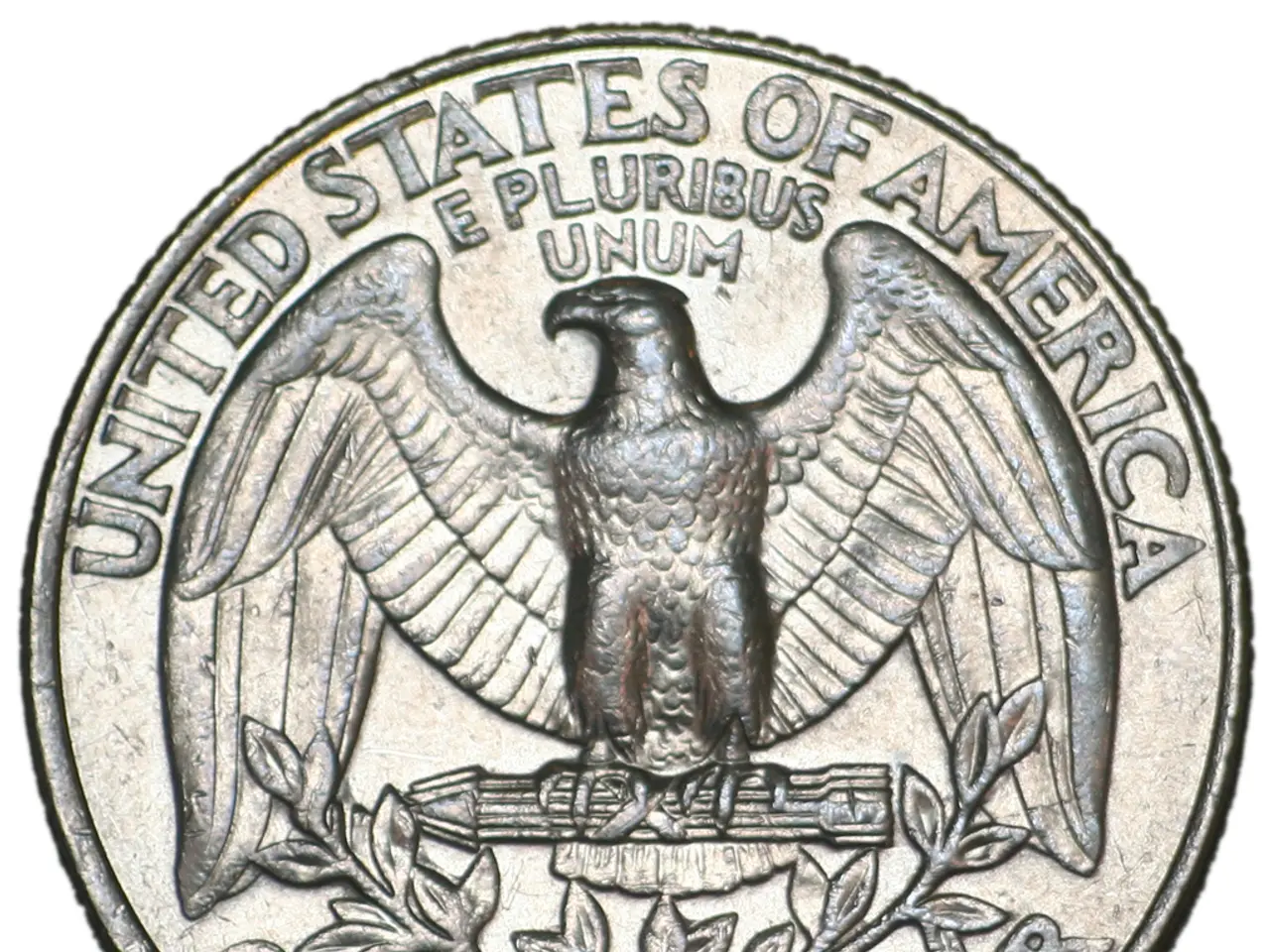Competition intensifies for dominance of digital wallets:
In the world of digital payments, a fierce competition known as the "War of Wallets" is unfolding. This battle for supremacy involves various providers, including Volksbanken, PayPal, and the Wero platform, all vying to establish dominance in mobile payment solutions.
Vipps from Norway has taken the lead, becoming the first provider to utilise a new feature, with German VR banks and PayPal planning to launch their own solutions soon. This competition is driven by multiple factors, such as promoting competition, financial gains, reducing system dependence on a few players, and access to customers.
The ongoing competition reflects intense regulatory pressures and evolving trends in the digital payments and wallet industry. For instance, the Digital Markets Act (DMA) introduced by the European Commission has opened the NFC interface on iPhone and Android devices, enabling banks and payment companies to offer their own NFC-enabled payment options without participating in Apple Pay.
Wero, a platform that leverages instant account-to-account (A2A) payments, aims to further streamline payments within Europe by reducing intermediaries. This aligns with broader efforts to enhance payment security and lower fraud, such as Visa's VAMP program, which imposes stricter fraud and chargeback monitoring standards effective April 1, 2025, impacting platforms like Wero.
Meanwhile, PayPal, a dominant global digital payments player, continues to innovate to maintain and grow market share against emerging competitors and regulatory frameworks. However, PayPal's closed wallet model, where you can only pay with PayPal and the underlying account, might not be welcomed by all retailers due to advertising data concerns.
European banks, like Volksbanken (German cooperative banks), typically focus on developing banking apps and digital payment solutions to compete within the German and European markets. Their strategy likely involves strengthening A2A payment services to retain customers amid growing fintech competition.
The outcome of this competition is uncertain, with convenience and integration into mobile ecosystems being key factors. As the war rages on, payment enthusiasts are excited to have a say in the competition. However, breaking away from Apple Pay can mean extra effort for customers and the loss of some Apple ecosystem benefits.
As societal sentiment shifts towards digital European sovereignty, many consumers may look more closely at which payment providers they use in the future, according to Miriam Wohlfarth. This could potentially reshape the landscape of the "War of Wallets".
In conclusion, the "War of Wallets" is characterised by European banks and fintechs focusing on instant A2A payments and regulatory compliance, major global players balancing innovation and regulation, and U.S. legislative initiatives providing clearer frameworks for non-custodial wallets, influencing the crypto wallet sector’s stability and growth. Future prospects suggest continued tightening of fraud and risk controls, more regulatory clarity, and ongoing competition among traditional banks and fintechs to offer seamless, secure wallet services with fewer intermediaries, especially in Europe. This will likely accelerate wallet innovation but also raise the bar for compliance and risk management.
[References] 1. Visa VAMP program update from July 31, 2025 2. Visa's VAMP imposes stricter fraud and chargeback monitoring standards 3. Clarity Act aims to clarify the regulatory status of non-custodial wallets 4. Atom bank's delayed IPO
The competition in the digital payments and wallet industry is not only driven by financial gains but also by the need for regulatory compliance and innovation, as demonstrated by Visa's VAMP program and the Clarity Act. European banks, such as Volksbanken, are focusing on instant account-to-account (A2A) payments and developing digital payment solutions to compete with fintechs like Wero, which aims to streamline European payments by reducing intermediaries. However, PayPal's closed wallet model might face resistance from retailers due to advertising data concerns. The outcome of this "War of Wallets" is uncertain, with the European consumer's sentiment towards digital sovereignty potentially reshaping the landscape.




